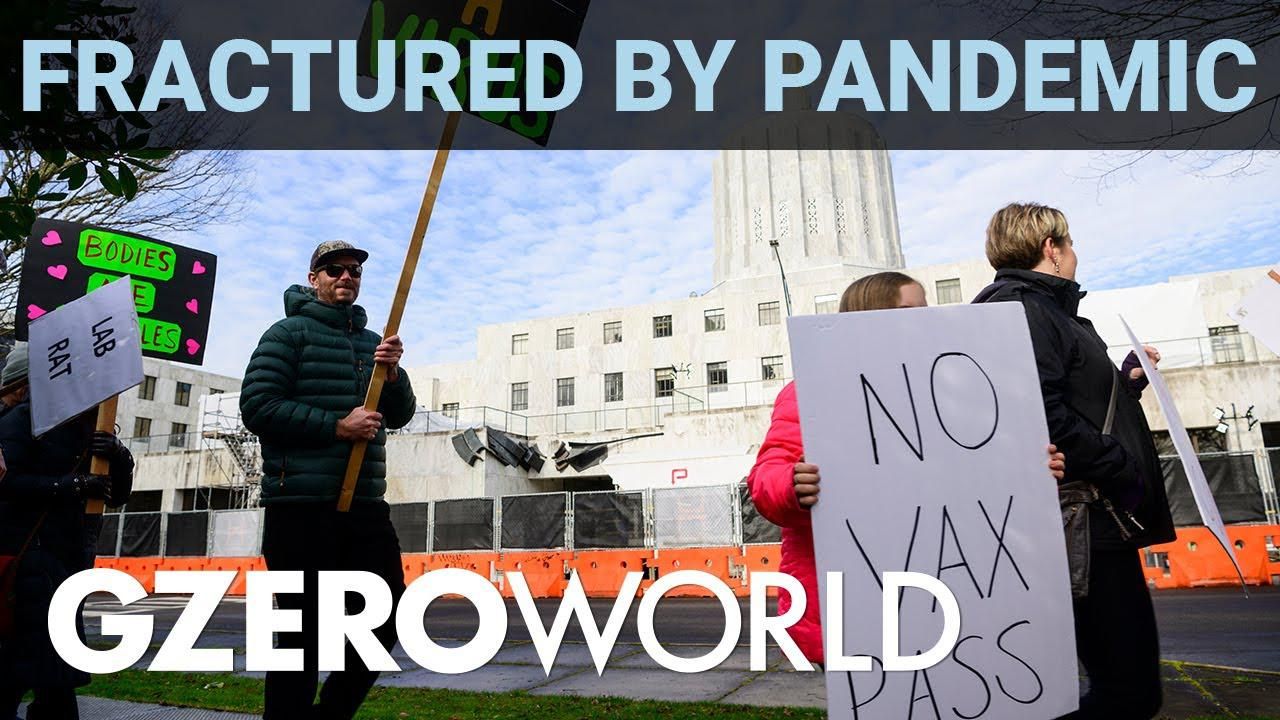
What lessons did we learn from the pandemic that still apply now with the war in Ukraine?
Unlike the war or the 2008 global financial crisis, COVID was not an immediate threat we needed to respond to in real time, says former US State Department official Anne-Marie Slaughter, so different countries were affected in different ways, and responded their own way at different times.
"If you're going to use a crisis effectively for change, you have to be able to have the right time horizon, the right group of countries, and a very specific set of goals," she tells Ian Bremmer on GZERO World.
For political scientist and Harvard professor Stephen Walt, it was unfortunate to have "a lot of the wrong leaders in a lotta the wrong places at exactly the wrong time" which prevented for instance the US and China from coordinating a more effective global response to the pandemic.
COVID also ran counter to the expectation that crises make governments take control. They did, but Walt says there was very strong pushback from citizens on things like lockdowns and masks — and that undermines the state's ability to respond.
We've also learned, he adds, how hard it is for many people to make short-term individual sacrifices in order to fix long-term problems.
Watch the rest of Ian Bremmer's conversation with Anne-Marie Slaughter and Stephen Walt on this episode of GZERO World: Hope as major crises intersect